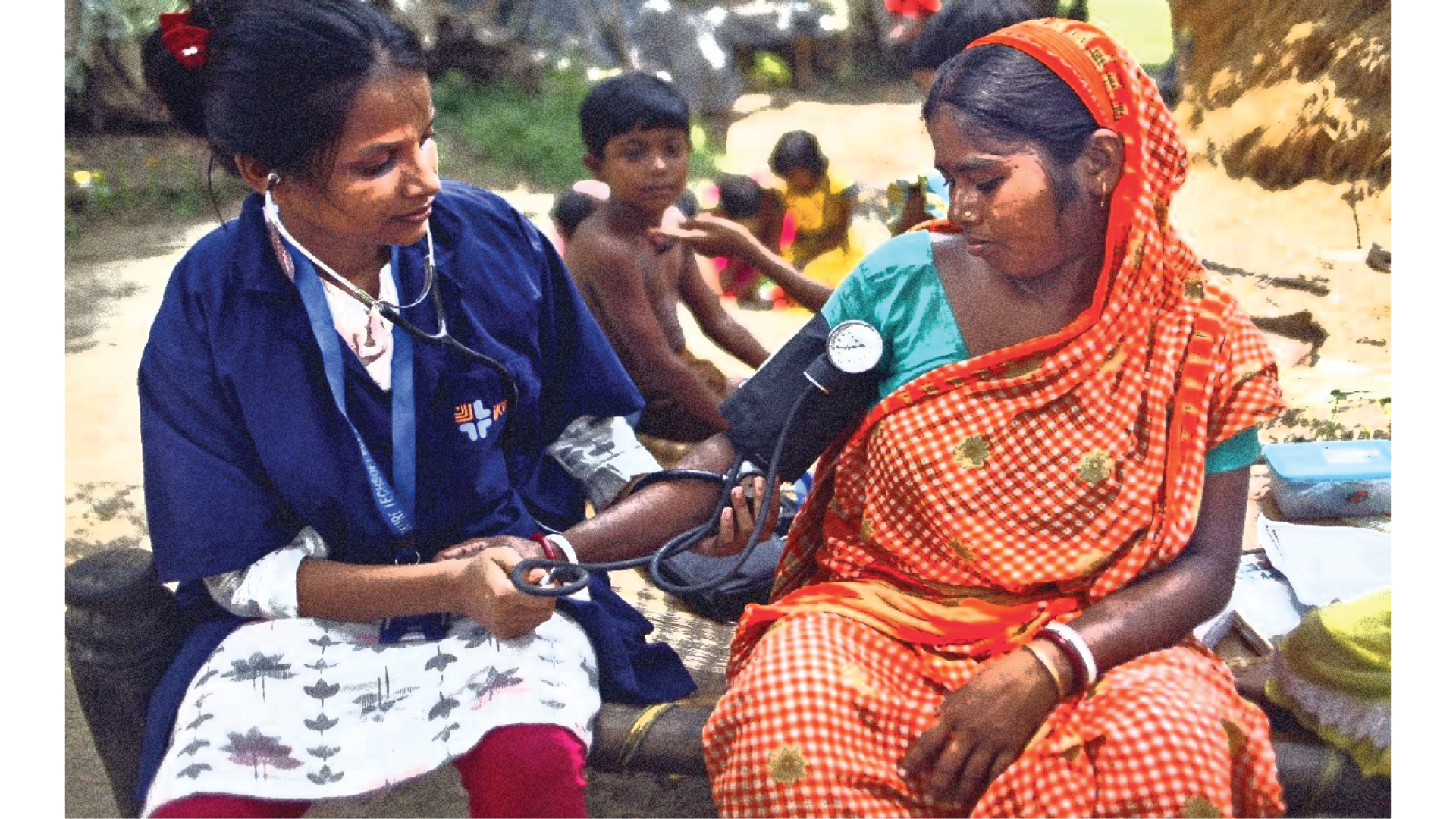Beyond Awareness

The Quiet Revolution in Maternal Nutrition
Over a decade of experience working with rural communities in the domain of public health has given me valuable behavioral insights into women’s health-seeking practices. When we started working with women in rural Bihar with a special focus on maternal nutrition, we encountered several bottlenecks deeply ingrained in the community, which required mindset shifts. The women and their caregivers lacked knowledge about dietary needs, the benefits of healthy diets, iron-folic acid supplementation, and antenatal check-ups during pregnancy. Other than misinformation, there were deeply rooted cultural norms that dictated the behavior of women regarding their health and nutrition practices and well-being
Daniel Kahneman’s systems thinking approach explains that most of their daily decisions are made in systems 1 thinking —fast, automatic and driven by habit. But these weren’t just habits, nor were the women “ignorant” —there were generational patterns established by societal and cultural norms that drive their behavior. Shifting the pattern required more than simple messaging; it required trust building, breaking myths, engaging male counterparts, opening safe spaces for conversations, and deciding small-doable actions for bigger change —a systems 2 thinking approach that enables them to stop, think, and make deliberate choices.
Through sustained interventions in tune with local traditions and culture at multiple touchpoints, including discussions at self-help group meetings, counselling during home visits, participatory community events and engagement with frontline workers —something began to change. Discussions during self-help group meetings helped build an environment and created a safe space for women to discuss their health and nutrition issues and needs. Community events created a buzz about nutrition and sensitized every segment of society about the importance of women’s health and nutrition and ensured active participation of women irrespective of age, caste, and creed. Counselling during home visits ensured the engagement of male members in discussions around women’s health and nutritional requirements. These created “pause points” that interrupted their automatic habits and encouraged reasoning. Women started talking about their health. They began prioritizing their health. Slowly, they moved from silent acceptance to valuing their health and actively initiating and working for their own well-being along with their families’.
The results are more than anecdotal. Various impact assessments have shown the positive shift in the dietary practices of pregnant and lactating women. Mothers who considered self-care as selfish are now confident discussing about their health, nutrition and well-being.
But beyond the measurable outcomes, the shift I cherish the most is the spark in their eyes reflecting true spirit of freedom when they talk about themselves – not as dependents but as individuals with agency. It’s not just about breaking the external barriers but the internal ones too.
These women remind us that freedom is not always political, a public or historical event. Sometimes, it could be a quiet but powerful decision to choose one’s own health, well-being and happiness over others.
The journey of a shift in mindsets will continue, but the direction is clear. Freedom begins within and transforms not just their own life but also the lives of families and communities.
The author is Swati, SBC and Design Researcher, PCI India
